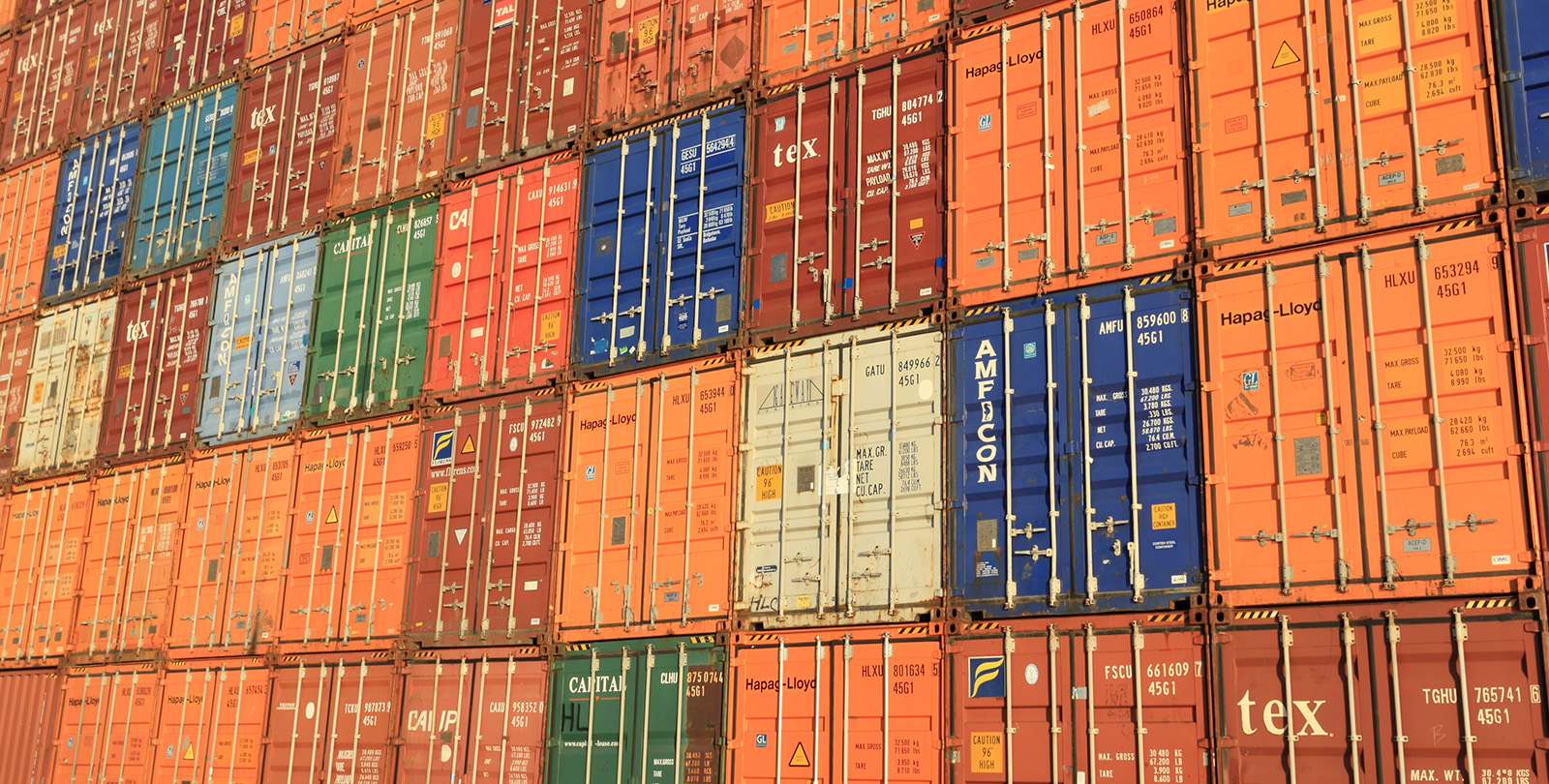Tariffs are simply an excise tax on international trade. They dampen prosperity.
A fundamental economic principle is that people and nations benefit from trade. People find that some products can now be purchased more economically than before and some producers can sell much more of their products. While some suppliers of goods and services can no longer compete in the global market others find increasing opportunities in new markets. As long as all participants are free to adjust to their changing incentives the benefits dramatically outweigh the costs.
These gains from trade come from our differences, not our similarities; they derive from differences in abilities to create and preferences for what to consume. The greater the differences among trading nations, or people, the larger the potential gains. These gains are magnified when the changes over time (dynamic changes) are taken into account.
Both benefits to consumers and producers result from the fact that a trading country is no longer constrained to making products and services only for their own people. Now they have customers and providers around the world! All the the workers of the world, and and tools, can specialize in what they can do best relative to others. The term “relatively” is important, for media discussions of the potential gains in production often confuse absolute and comparative (relative) advantage.
This distinction was made clear almost two hundred years ago by the British economist David Ricardo. Ricardo elucidated the point in a simple example of England and Portugal, considering only labor costs. He assumed that both countries produce both cloth and wine. Portugal hasan absolute advantage in both products; in an hour a Portuguese worker can produce more of either cloth or wine than a worker in England.
Yet, that does not mean England produces neither. Ricardo’s key insight is that while it takes less labor to produce either cloth or wine in Portugal, the amount of cloth given up by switching a worker into wine production is not the same in both countries. Specifically, in Ricardo’s example, wine output in England drops by less if a worker is shifted into producing cloth. So, if Portugal focuses or specializes in producing wine, and England specializes in cloth, the maximum value of the two goods is produced in the two-country world. The people of both England and Portugal end up richer thanks to the division of labor made possible by trade.
The gains to producers come, therefore, not from the fact that a country can produce goods and services at a lower cost. Rather, the gains come from using the total resources available (in Ricardo’s case just labor, in our example workers and tools) in the two countries to maximize the value of both products produced. The products and services available rise with the opening of trade because resources can be used more efficiently. Production moves towards specialization, just as in Ricardo’s example. Producers in both countries find the value of what can be produced increasing. This increase is the production gain from trade.
Consumers are no longer constrained to purchasing what can be made at home. Producers are no longer constrained to only make what the people at home will buy. They now have the choice to import from or export to elsewhere. People’s propensity to take advantage of lower prices ensures the relative prices converge in the two countries. Consumers can buy more for their hard-earned income. They feel better off because they are better off due to international trade. Producers can sell more goods to many more customers and make more money. Their rising profits mean that international trade makes proficient producers, as well as consumers, better off.
That said, if one country, like the United States, lets its currency be used as the world’s currency, as is the dollar, that destroys the automatic adjustment, due to price arbitrage, in the so-called merchandise account in the “balance of trade.” With the repudiation of the Bretton Woods system linking the dollar to gold, thus giving the U.S. dollar a its “exorbitant privilege,” the merchandize trade deficit began, in the early 1970s, to hollow out American manufacturing.
There are those who believe that free trade must be predicated on having a neutral, non-national, international reserve currency. Wanniski, in the Mundell-Laffer Hypothesis, postulated something like the gold standard or a gold-defined SDR.

